by Toni Gallemí
The journalist and publisher Daniel Capó used to say that “reading works as a goldsmith of the soul and the moral imagination of men”. There is no doubt that this can be so, even if it does not always succeed. Hence the repeated consideration of the fact that the humanities, book learning or knowledge, are valued as an end in themselves and not as mere utilitarian instruments.
This first idea is key to understand the interest in reviving great book learning in schools and universities. José María Torralba, professor at the University of Navarra and author of the book “Una educación liberal: Elogios de los grandes libros”, states that “liberal education is an education that is not pragmatic, it is not utilitarian in the sense that the end of education is utility. It is not the utility of that which is studied in order to earn a living or to be successful; rather, it seeks knowledge, knowledge for its own sake”. Indeed, the fact that reading and training in the great books can have a great beneficial effect is irreproachable in such a statement, but this is only a simple consequence. Torralba defines it much better when he points out that “the primary purpose of education is to grow as people, to cultivate the intellect, to mature intellectually. The secondary aim is that this helps me to earn a living and live in the world, because they are not incompatible. But always bearing in mind this hierarchy”. A teaching philosophy that does not respect this order is likely to soon find itself in a utilitarian education where the aim is to train and prepare people for the market. Humanistic logic does not work in this way.
The purpose of education is to grow as people and cultivate the intellect

It is not easy to “sell” this idea to those who expect to be useful in the labour market. Although we can always observe the following considerations: what is the beauty of a flower for; contemplating a sunrise, what does it bring us in purely employment terms; recreating ourselves under the dim light of a starry sky, will it bring us greater economic benefits at the end of the month? None of these observations has a pragmatic, utilitarian purpose. Yet how helpless we would be without them. In some mysterious way, if we pay attention to them, they nourish us and allow us to grow inwardly.
Something similar happens with reading the classics. Learning from them, immersing ourselves in their culture and delighting in their content propels us towards a fuller life. It seems difficult to get young people out of the inattention that certain distractions cause them and to get them to focus on books. But Torralba’s experience in the university world has shown him that “when students are given the opportunity to receive a solid humanist education, from the Greeks to good contemporary literature, they become passionate”. Of course, there is a prerequisite for this: in order to wake someone up, you have to be awake. “A large part of the problem is that, perhaps, we educators are the ones who don’t trust that this is possible. But some do believe it so.
Ten years ago, a programme of great books began to be developed at the University of Navarra. “It is a type of teaching that manages to arouse enthusiasm, to ignite the intellectual spark in students,” says Torralba. Today, 700 students are taking the programme, with strikingly positive results.
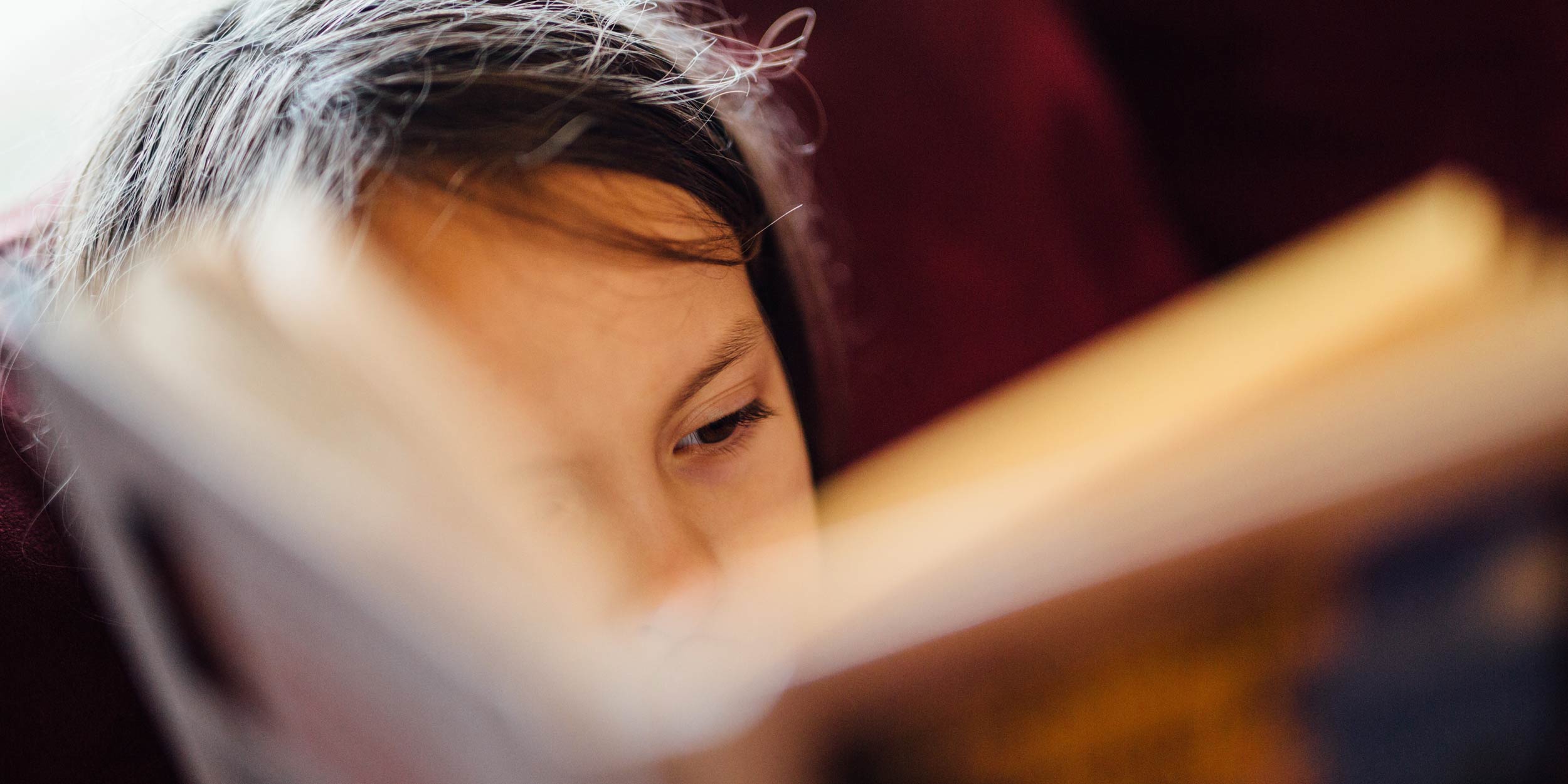
When students are given the opportunity to receive a solid humanist education, they become passionate
It is not surprising that some have tried it unsuccessfully with their students and consider the method to be utopian. José María Torralba points out that “it is worth remembering that on many occasions this invitation is made in such a way that it becomes unpleasant. That is to say, when the book is the subject of an exam, either because we are going to be examined on various fragments or because it is part of the selection process, it becomes merely an object of study, and that doesn’t help. The key is that access to these classic works of literature is done in a context that manages to generate interest”. How can interest be aroused? It has been shown that the Socratic method of question-answer and conversation are proven to be key elements in arousing interest in young people. They need to participate, express their ideas and share them with others. This generates a dialogue and an exchange of perceptions among the pupils. The role of the teacher is to suggest questions that stimulate critical thinking and the search for answers, to guide and channel the different observations of the young people. This is the way to enhance their intellectual capacity.
In Torralba’s words, we find ourselves in an epochal change that urges the need for points of reference and guidance, where the first ones in need are the young. “It is not a question of showing them the way or not counting on their freedom, but neither is it a question of abandoning them to their fate”. So how can they be helped? One of the best ways is to bring them “into contact with the cultural tradition”. Why? Because the book “asks questions such as what is good, what is freedom, what is a just society, what is the human person”. The problems of the human being are always the same. There is no evolution in this sense: love, loss, friendship, betrayal, justice, abuse of power and poverty. “Through literature, through philosophy, through the examples of history, one can learn from cultural tradition and, therefore, gain experience and have points of reference.
Books “asks questions such as what is good, what is a just society, what is the human person”
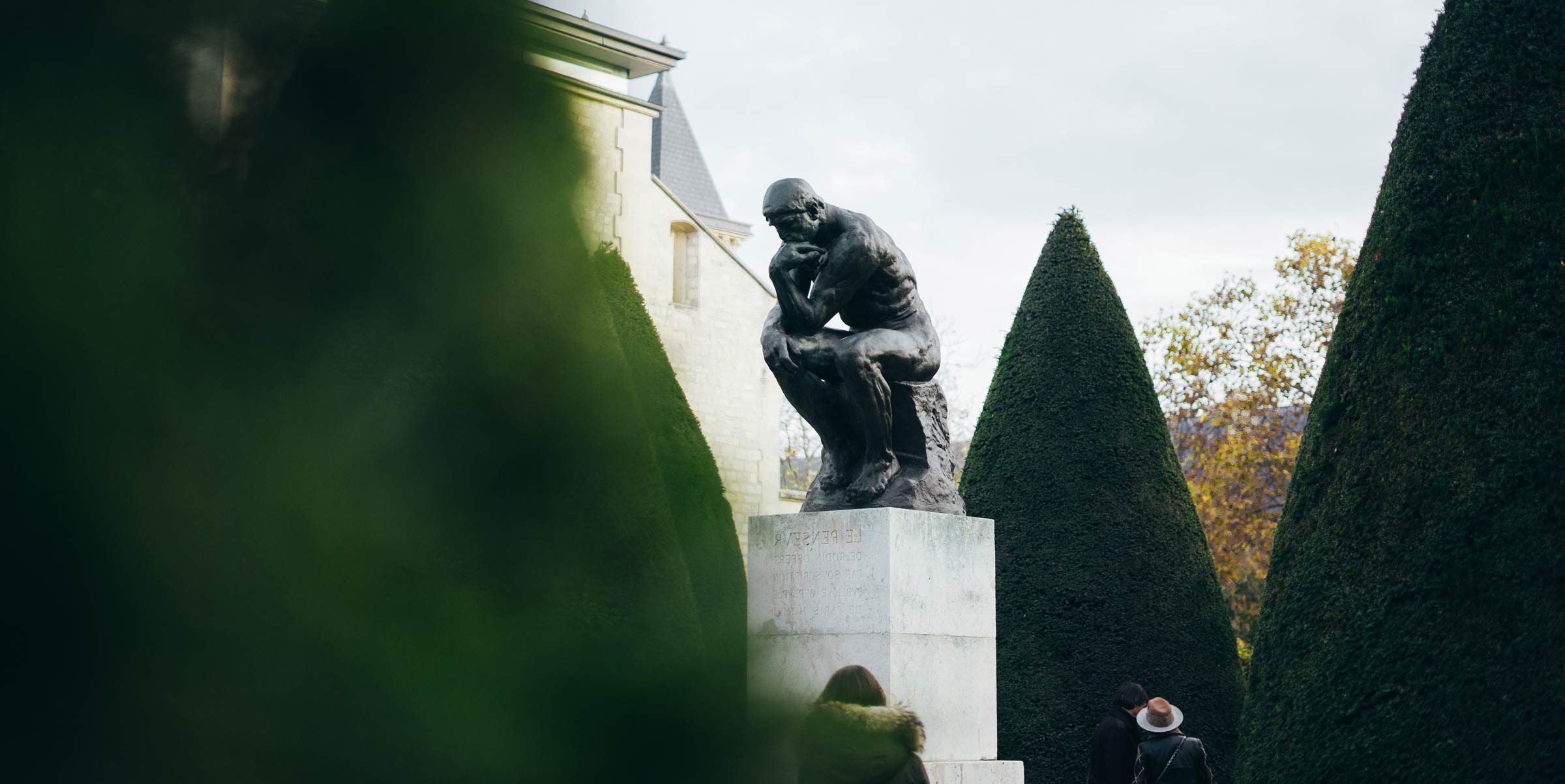
In addition, there are two other good reasons to make the case for books. On the one hand, this learning is done through books because it is the very form in which culture has largely reached us. On the other hand, because books offer the reader something that the presence of the person does not always achieve: not to feel judged. A person can easily feel misunderstood. Exposing a personal and intimate situation or revealing one’s mistakes can be ways of alienating some of the people one initially counted on. On the other hand, a book speaks for itself, creates links with some of its readers, and they are immediately immersed in a strange dialogue in which the intricacies between one and the other are similar. A tension is then produced that starts from the book, the transmitter of this cultural heritage, and reaches the subject, the receiver of it. This new situation squeezes out the reader’s incomprehensions, challenges him – reaffirms him, contradicts him – and generates the expected conflict that will foster his inner development. Torralba sums it up best when he says that “when it comes to talking about ethical or existential questions, it may be easier for an adolescent to talk about them or think about them if he does so through books and fiction, because he will not feel judged”.

When it comes to talk about ethical questions, it’s easier to do it through books, because youngers will not feel judged
In short, the whole process requires as much preparation as motivation. The training that teachers receive, Torralba points out, is nothing special, since “although we talk about a methodology, it is not a technique”. It is learned through practice, with a certain mimicry of those who have already done it previously. In any case, there are training resources for learning this methodology from the great books. “The teachers who teach this subject have attended courses at several universities in the United States that have this type of programme (…). These courses last two weeks, which we have attended as students and have learned by doing. Any educator with teaching experience immediately understands it”. Now, the University of Navarra also offers Great Books Seminar courses with the intention of giving teachers tools to successfully promote intellectual cultivation and the development of intellectual habits in young people.



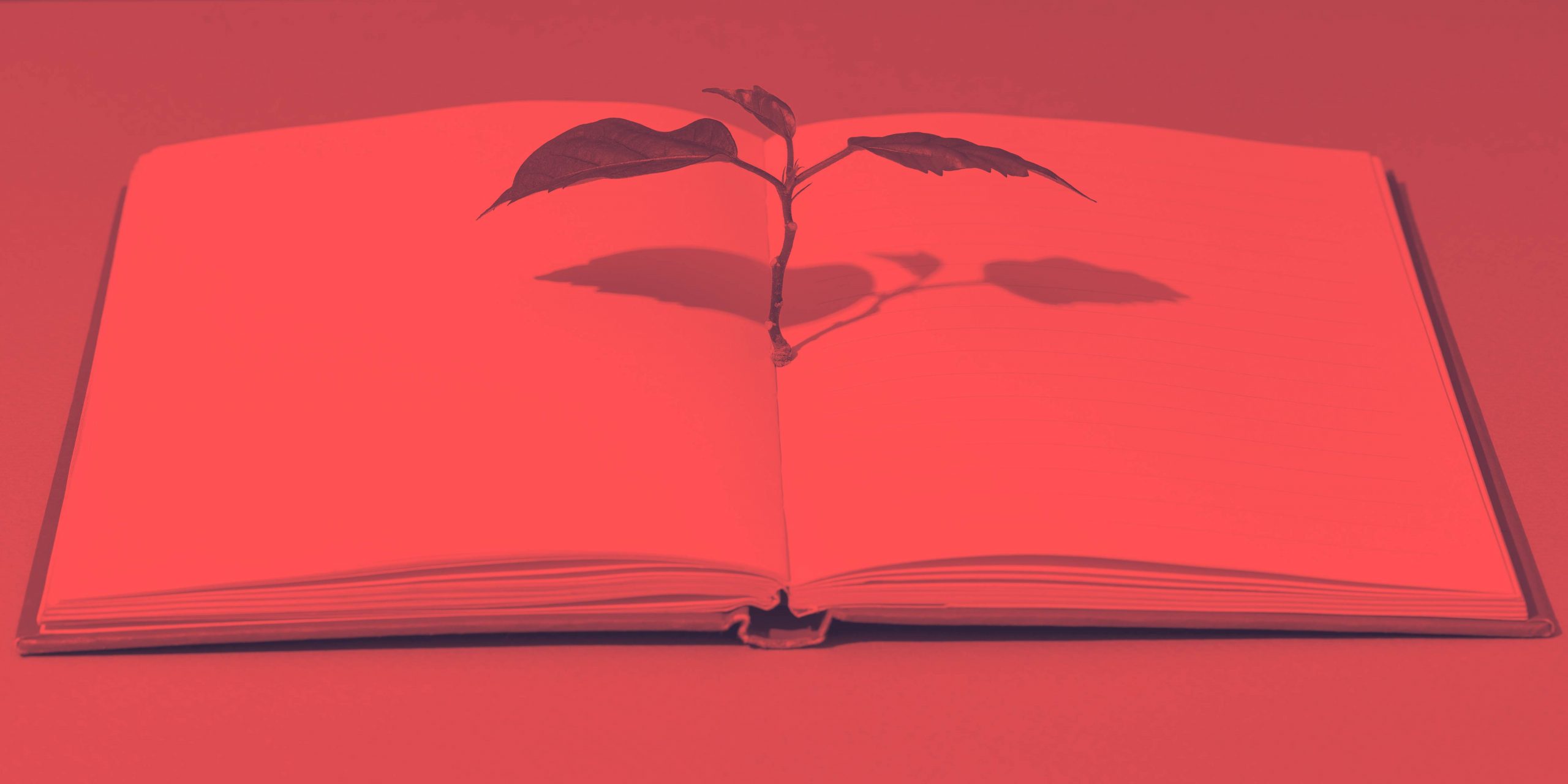



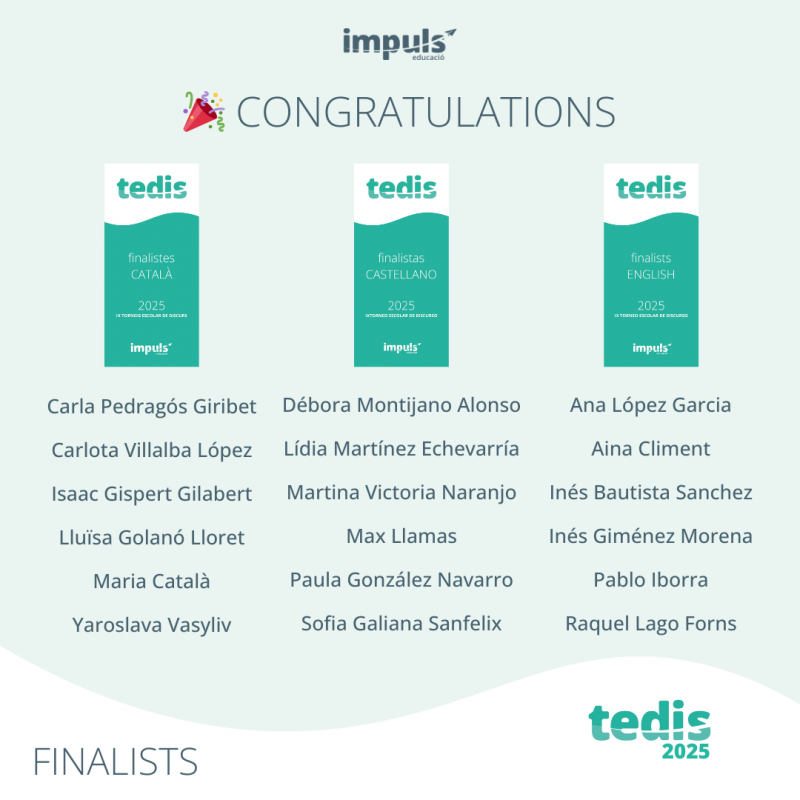
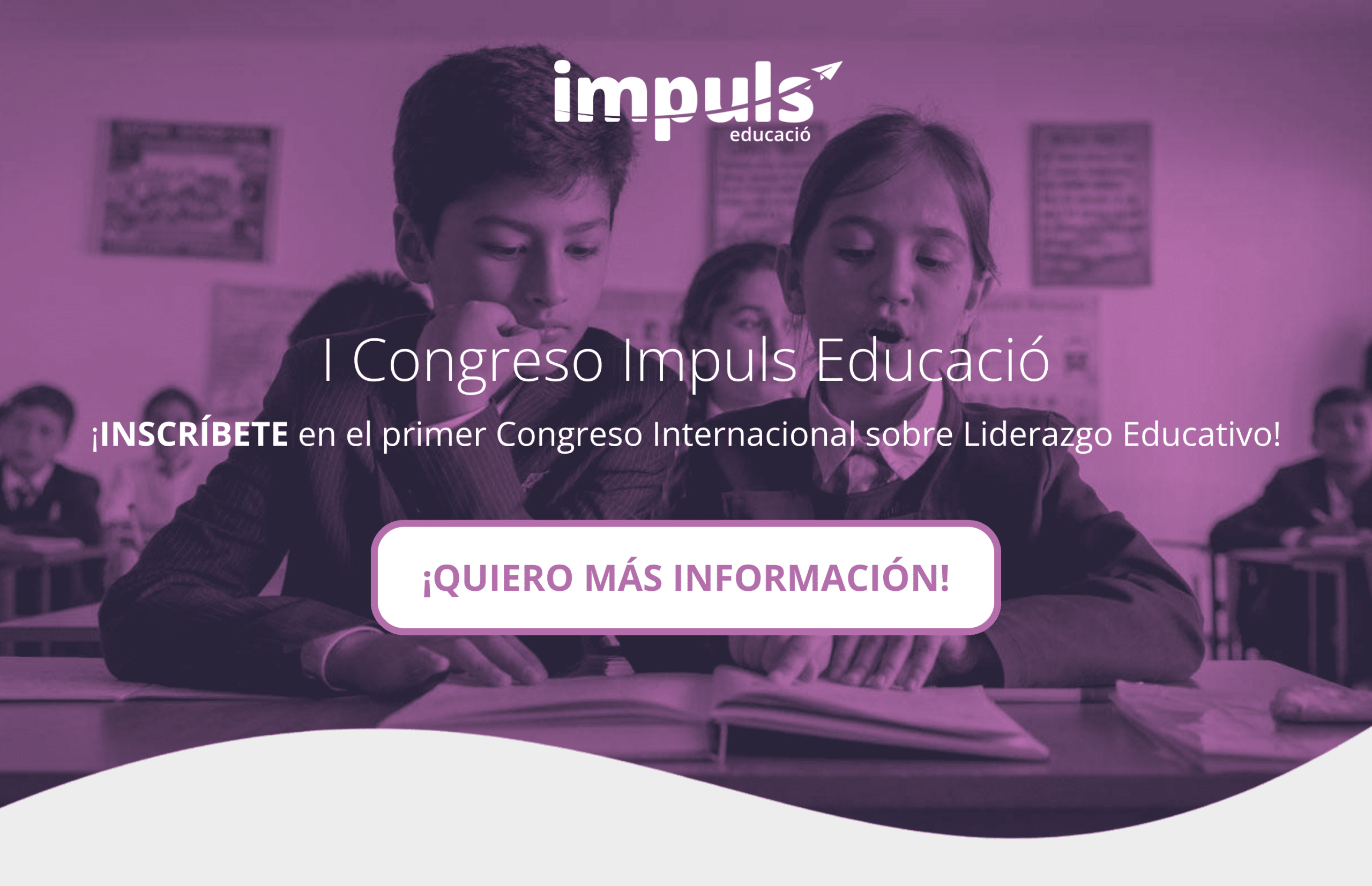
Leave A Comment